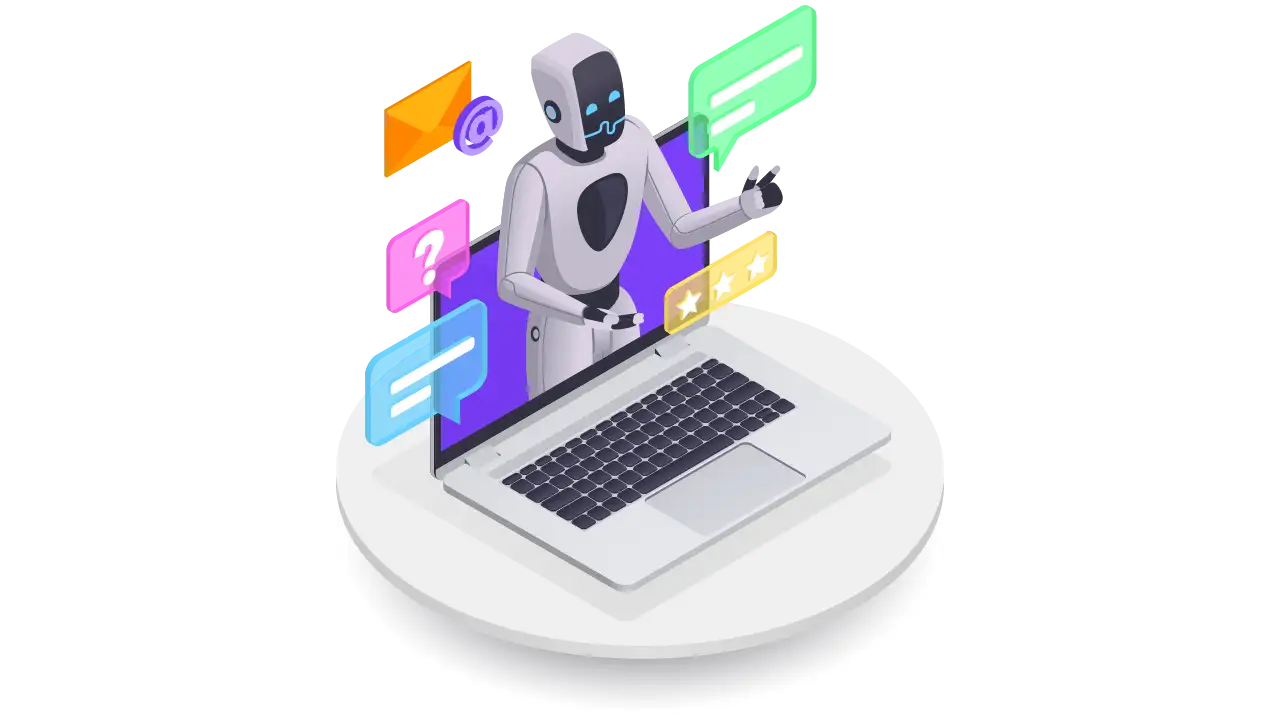


Artificial Intelligence (AI) isn’t just some sci-fi fantasy anymore—it’s really changing the way companies work today. Take Generative AI (GenAI), for example. It’s shaking things up by streamlining workflows, automating those tedious tasks we all dread, and helping with smarter decision-making. As this technology reshapes our workplaces, businesses need to keep up and fast. They’ve got to make sure their teams have the right skills and that new tech isn’t just thrown in but blended smoothly into their day-to-day. In this whirlwind of change, the Chief Human Resources Officer (CHRO) has become more essential than ever. And let’s not forget the rise of the Fractional CHRO model—this is a total game-changer, offering companies a flexible yet powerful way to tackle the challenges that come with AI-driven shifts.
We all know AI is great for automation, right? I mean, it takes over those boring, repetitive tasks and lets machines do the heavy lifting. But here’s the kicker: its true strength goes way beyond just making things faster . AI is opening up opportunities for more creative, strategic, and data-focused decision-making across various fields. In HR, for instance, AI tools can level up talent acquisition with predictive analytics, tailor employee experiences using smart learning platforms and enhance workforce planning with clever insights. And let’s not overlook Generative AI—it’s really making waves in content creation, managing knowledge, and even finding new ways to engage the workforce. But, here’s the thing, embracing AI isn’t all sunshine and rainbows. There are hurdles, for sure. A lot of organizations face skills gaps, pushback against change, and even ethical dilemmas when it comes to AI-driven choices.
That’s where the CHRO steps in—making sure that AI is rolled out in a responsible way, nurturing a culture of ongoing learning, and making sure that the integration of AI aligns with the broader goals of the business. It’s a big responsibility, but it’s essential for navigating this new landscape.
AI is changing the way we work. Because of this shift, the Chief Human Resources Officer (CHRO) isn’t just handling the usual HR stuff anymore. Their role has really expanded. They’re now a key player in driving digital transformation. Let’s break it down a bit.
1. Closing the Skills Gap: With AI becoming a part of everyday work, it’s clear we need new skills. We’re talking about data literacy, digital know-how, and even some basics of AI ethics. It’s crucial for CHROs to set up training programs that help folks learn and grow, so they cannot just get by but really shine in roles that AI is enhancing.
2. Fostering Change in the Organization: Change can be tough. A lot of people resist it, especially when it comes to AI. But great CHROs? They know how to put people first. They work to create a workplace culture where AI is viewed as an ally, not something to be scared of.
3. Making Sure AI is Used Ethically: Here’s a big one—AI's decisions depend heavily on the data it learns from. That means CHROs need to keep a close eye on how AI is used, making sure it’s fair, transparent, and follows the rules. It’s all about being responsible here.
4. Rethinking Work Models: Thanks to AI, flexible and hybrid work models are becoming the norm. CHROs have to rethink policies to support these new ways of working, finding that sweet spot between keeping things efficient and looking out for employees’ well-being.
5. Using AI for Top-Notch HR: AI tools can truly change the game for HR, whether it’s in hiring, managing performance, or boosting employee engagement. It’s on CHROs to take the lead in embracing these tools to really make a difference in the business.
So, the CHRO's role is evolving and it’s super important. They’re not just HR leaders anymore; they’re vital to navigating this new landscape shaped by AI.
These days, strategic HR leadership is more important than ever. But here’s the catch: not every organization has the budget for a full-time Chief Human Resources Officer, especially smaller businesses or those going through changes. That’s where the whole idea of a Fractional CHRO comes into play. It’s like a game-changer for HR leadership.
So, what exactly is a Fractional CHRO?
Well, it’s an executive-level HR expert who steps in on a part-time basis. This setup lets companies tap into high-level strategic HR guidance without the hefty price tag of a full-time position. And as AI keeps shaking things up across industries, a Fractional CHRO can really make a difference by:
- Strategizing AI Workforce Integration: They help businesses craft AI-driven HR strategies while keeping employees engaged and growing their skills.
- Implementing Change Management Frameworks: They lead the charge on AI adoption, addressing any workforce worries to reduce pushback.
- Developing AI-Powered Talent Strategies: Using AI analytics for smarter hiring, retention, and workforce planning?
- Aligning AI with Business Goals: They make sure that any AI investments really fit with the long-term goals of the organization and improve employee experiences.
As companies dive deeper into AI, they need HR experts who are not just strategic but also flexible. The Fractional CHRO model brings:
- Cost-Effectiveness: You get seasoned HR leadership without the financial weight of a full-time executive.
- Agility: There’s the flexibility to ramp up or scale back HR support as business needs change.
- Specialized Expertise: They come with focused knowledge in AI integration, change management, and strategies for the future of work.
- Immediate Impact: You can roll out AI-driven HR initiatives quicker—no long onboarding processes slowing you down.
Let’s face it: the future of work is now, and AI is right at the heart of it. Companies that don’t quickly tackle the effects of AI on their workforce?
Well, they risk being left in the dust. The CHRO - whether they’re full-time or fractional is essential for connecting AI transformation with human capital strategy. By nurturing a culture of innovation, upskilling their teams, and integrating AI in a thoughtful way, CHROs can turn potential disruptions into real opportunities.
For organizations aiming to handle this transformation smoothly and effectively, bringing in a Fractional CHRO could be a smart move. They offer the strategic leadership necessary to keep ahead in this AI-driven world.
Also Read : The Human-AI Workforce: A Strategic Shift for CHROs and CXOs in Small Businesses

Organizations operating in distributed, high-volume, or high-variability environments, such as HR shared services...

As the digital landscape evolves, data-powered organizations are gaining a competitive edge. Data has become the new currency...

The world of work is evolving at an unprecedented pace, and outplacement and workforce transition consulting...

The workplace is rapidly evolving at an unprecedented pace. As organizations navigate a landscape increasingly influenced by artificial intelligence...

Artificial Intelligence (AI) isn’t just some sci-fi fantasy anymore—it’s really changing the way companies work today...

In today’s fast-paced business world, People Analytics is reshaping the way organizations attract, engage, and retain talent...